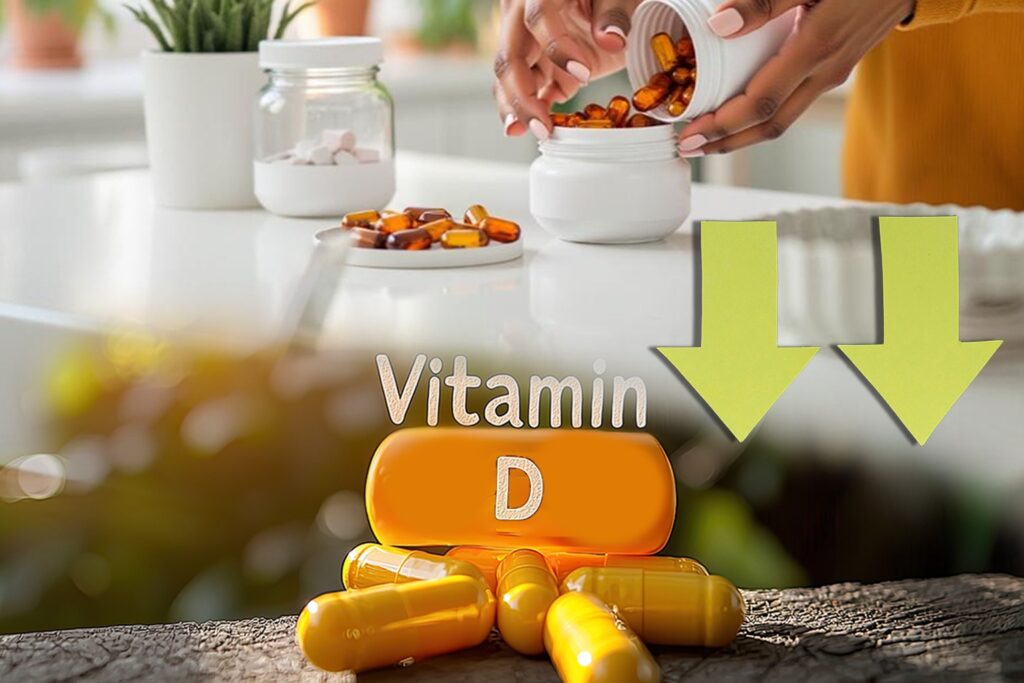
Why Supplements May Not Always Work for Older Adults at Risk of Vitamin D Deficiency
Vitamin D-dependent strong bones, immunity support, and overall wellness all require it. Though sunlight is and continues to be the best natural source of the precious mineral, a large portion of people rely on pills for fulfilling their requirements. But many others still experience vitamin D deficiency despite being on tablets, an indication that some medical issues may be at work with regard to absorption.
Senior internal medicine physician Dr. Manjusha Agarwal of Gleneagles Hospital Parel Mumbai explains that the body’s ability to absorb and utilize vitamin D may be determined by several factors. “The ability of the gut to digest dietary lipids dictates the absorption of vitamin D. The body’s ability to properly absorb vitamin D can be severely impaired by diseases such as liver disease, cystic fibrosis, celiac disease, ulcerative colitis, or Crohn’s disease, she explains. The body’s absorption of this vitamin can also be affected by other factors such as obesity, kidney disorders, and poor gut health.
Chief Utopian Drinks nutritional adviser Dr Nandini Sarwate identifies common mistakes that consumers make in taking vitamin D supplements. Vitamin D, being a fat-soluble vitamin, needs dietary fats for proper absorption. People often take their supplements in an empty stomach or with low-fat food, which reduces their effectiveness, she says.
Why Do Older Adults Particularly Run More Risk?
Physiological alterations caused by aging enhance susceptibility of older adults to vitamin D deficiency. Dr. Sarwate asserts that with advancing age, the skin becomes less capable of producing vitamin D from sunlight, making it harder to maintain suitable levels. Most older adults also fail to consume sufficient foods rich in vitamin D, which makes them even more susceptible to shortage.
Experts highly recommend consulting a medical professional rather than self-diagnosis for individuals who continue to have low levels of vitamin D despite supplements. Individuals may inadvertently take the wrong type of vitamin D supplement or may have an underlying medical condition that interferes with absorption. Dr. Agarwal recommends medical consultation if one wishes to address the underlying cause.
How can one naturally increase vitamin D levels?
Specialists emphasize the requirement of natural sources if a person wishes to maintain good levels of vitamin D. Even now, one of the best means through which the body produces vitamin D naturally is by sun exposure. “Being outside in sunlight 10 to 30 minutes three times a week can significantly boost vitamin D levels,” suggests Dr. Sarwate.
Also very crucial is the balanced diet. Vitamin D foods such as egg yolks, milk, oily fish, and fortified foods help prevent deficiencies. In addition, taking vitamin D supplements with good fat meals will enhance absorption and increase their efficacy.
Because overall health is reliant on vitamin D, being aware of how to maintain its levels in line prevents long-term complications. Consultation with a doctor is important to identify any underlying issues and determine the best course of action if a deficit persists despite dietary changes and supplements.








